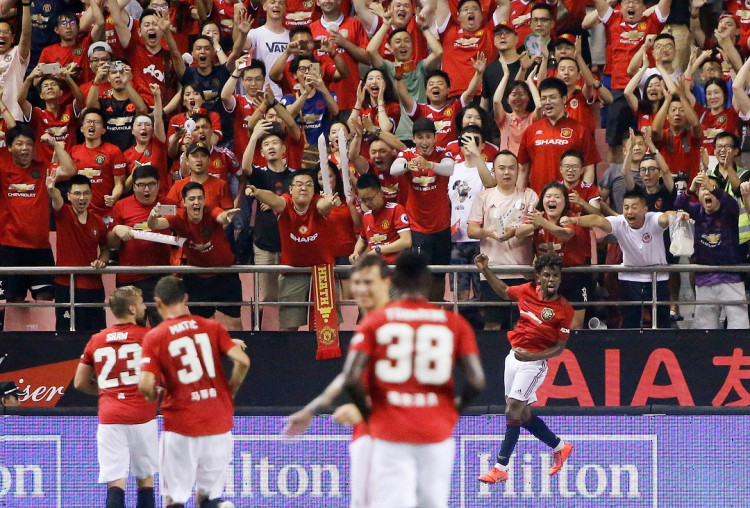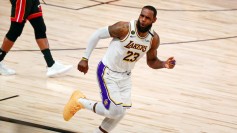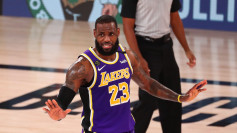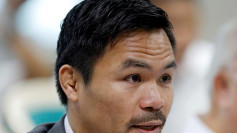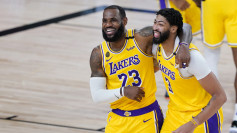Manchester United's new partial owner, Sir Jim Ratcliffe, has articulated a vision that diverges markedly from the high-spending tactics of the past. With an emphasis on strategic recruitment and the development of talent, Ratcliffe's approach hints at a transformative era for the legendary club.
As Manchester United gears up for a pivotal summer in the transfer market, Ratcliffe's comments have sparked widespread discussion on the future direction of the club under the stewardship of his INEOS Group, which recently acquired a significant minority stake in the team.
Ratcliffe, a prominent figure with a diverse portfolio that includes a professional cycling team, has made it clear that luring stars like Kylian Mbappe, despite his undeniable prowess, is not in line with United's renewed strategy. The French forward, currently in the limelight due to his anticipated move from Paris Saint-Germain to Real Madrid, represents the kind of high-profile acquisition that Ratcliffe aims to sidestep.
"It's not that clever buying Mbappe. Anyone could figure that one out," Ratcliffe remarked on the Geraint Thomas Cycling Club podcast, emphasizing the importance of uncovering and nurturing emerging talents instead.
This philosophy of building rather than buying success is a stark contrast to the approach seen under the Glazers' ownership, which saw United's expenditure on signings surpass £1 billion since Sir Alex Ferguson's retirement in 2013, with little to show by way of league titles. The closest the team came was a second-place finish, 12 points behind Manchester City, in the 2020/21 season under Ole Gunnar Solskjaer.
Sir Dave Brailsford, celebrated for his achievements in the cycling world, is at the helm of this overhaul, focusing on creating a robust football operation at Old Trafford. Ratcliffe's strategy involves placing the right people in pivotal positions, a task that Brailsford is well-equipped for, having already brought in Omar Berrada from Manchester City to take on the role of chief executive. Moreover, discussions are underway to bring Dan Ashworth on board as United's new sporting director, a move that would further solidify the club's off-field expertise.
Ratcliffe's blueprint for Manchester United revolves around a comprehensive organizational structure, where the delineation of roles from coach to sporting director, and up to the chief executive, is clear and functional. This structure aims to bring about a renaissance in the club's recruitment strategy, ensuring that the focus remains on identifying and developing future stars rather than pursuing established ones at exorbitant costs.
The journey ahead for Manchester United is depicted as a long and intricate one, with Ratcliffe emphasizing that there are "so many aspects of that club and that game that you need to get right." It's a vision that demands patience and strategic acumen, qualities that Ratcliffe and his team seem poised to bring to the fore. As Manchester United embarks on this new chapter, the football world watches keenly, anticipating the impact of these foundational changes on the club's fortunes in the years to come.
